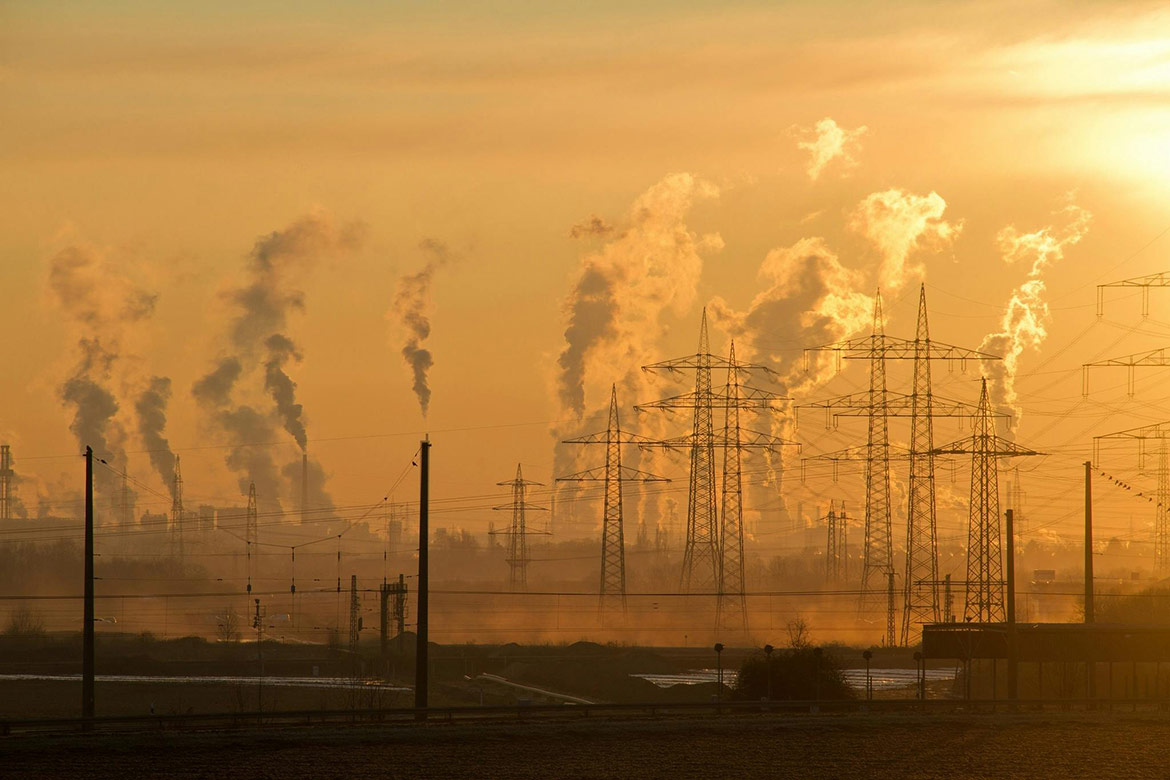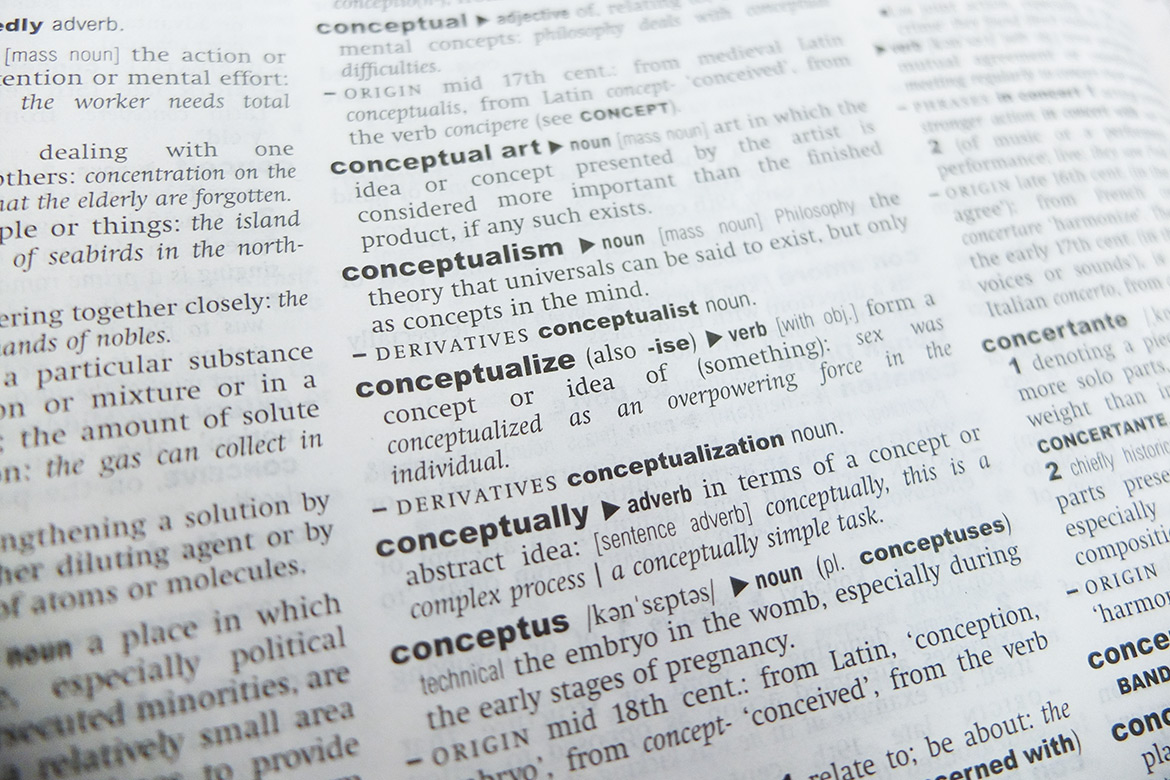Geological epochs
Calling off the Anthropocene
The idea has been rejected of proclaiming an ‘Age of humankind’ to highlight our devastating impact on our planet. We look at why.

Climate campaigners remain convinced that the Earth has left the Holocene and entered a new epoch characterised by the impact of humans on our planet. | Photo: Pixabay
One of the prime tasks of the International Union of Geological Sciences (IUGS) is to determine the Earth’s geological epochs and to name them. After 20 years of heated discussion, it finally decided this year that it wasn’t going to proclaim a new, ‘Anthropocene’ epoch. Many environmental researchers have been disappointed by this, as they’d hoped for official recognition of the fundamental changes that we human beings have inflicted on the globe. But others think it’s right that science shouldn’t be “pushed into political provocation”, as the environmental sociologist Ritwick Ghosh writes in Issues in Science and Technology.
The concept of the Anthropocene (the ‘age of humans’) was popularised by the Nobel Laureate Paul Crutzen in 2000 and was based on the idea that the Earth had left the Holocene and entered a new epoch determined by the impact of human beings on our planet. The term quickly became popular with climate protectionists and environmental activists.
But there are several reasons for the decision of the IUGS. For one thing, the Anthropocene would have needed a clear starting date. For this, the first radioactive fallout from a nuclear bomb test was favoured, since it is something that is clearly measurable. But this restrictive, technical approach met with major resistance because it didn’t take other interventions into account, such as deforestation and greenhouse gas emissions. Other researchers accordingly felt it would be better for the Anthropocene to remain an informal concept without any narrow definition.
The sociologist John Bellamy Foster brought another important argument into play: it’s not the whole of humanity that’s the problem, he said, but the capitalist system. According to Oxfam’s Annual Report 2020, the poorer half of the world is responsible for just seven percent of greenhouse gases across the globe. So from this perspective it would be inaccurate to blame everyone for the devastating impact of these gases on our Earth. As Ghosh writes, “[i]n framing humanity as the problem, the term ‘Anthropocene’ mirrors the Biblical concept that all time periods before humans were ‘Eden before the fall’ while also downplaying historical injustices”.




